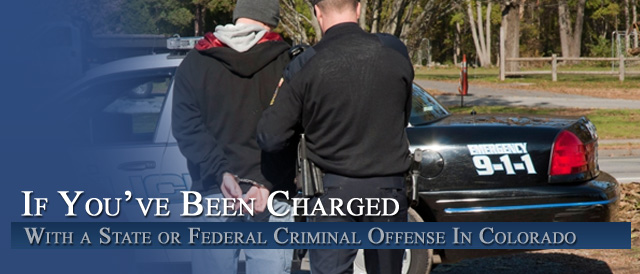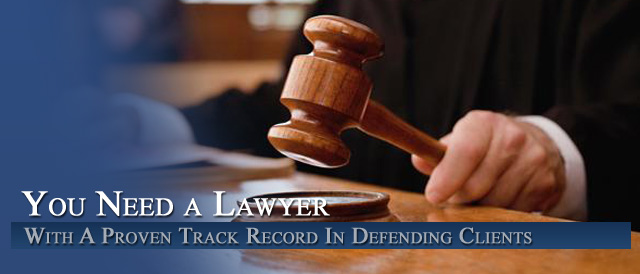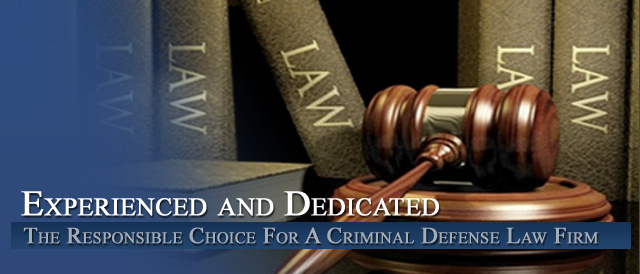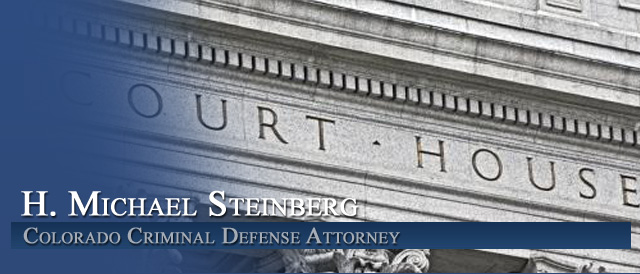




How People Are Charged with Crimes
To be charged with a crime means to be formally accused of that crime. Police officers usually start the charging process with an arrest or citation. They then send copies of their reports to a prosecutor’s office staffed by government lawyers whose job it is to initiate and prosecute criminal cases. The prosecutor is supposed to either:
- make an independent decision as to what charges should be filed, or
- in certain felony cases, enlist the help of citizens serving as grand jurors in deciding what charges to file.
Prosecutors can look at all the circumstances of a case, including the suspect’s past criminal record. They can file charges on all crimes for which the police arrested a suspect, can file charges that are more or less severe than the charges leveled by the police, or can decide to not file any charges at all.
For suspects who are in custody, speedy trial laws typically require prosecutors to file charges, if at all, within 72 hours of arrest. Some jurisdictions require prosecutors to charge a suspect even sooner. For example, California requires that charges be filed within 48 hours. (Cal. Penal Code Sec. 825.) However, prosecutors’ initial charging decisions are subject to change. For example, a prosecutor’s final decision on charges may not be determined until after a preliminary hearing, which may take place more than a month after arrest.
Typically, prosecutors base their initial charging decisions on the documents sent to them by the arresting police officers (usually called police or arrest reports). Arrest reports summarize the events leading up to arrests and provide numerous other details, such as dates, time, location, weather conditions and witnesses’ names and addresses if that information is available.
|
Occasionally a prosecutor will decide that a basically good person made a stupid mistake that shouldn’t result in a consequence as severe as a criminal charge. In such a situation, the prosecutor will refuse to prosecute, either in the interests of justice, or because it would be a waste of resources (time and money) to charge such a person with a crime, even where the initial arrest was valid.
The Role of a Grand Jury
If a felony is involved, prosecutors sometimes leave it to grand juries to make the charging decisions. Grand juries are similar to regular trial juries (technically called “petit juries”) in that they are made up of randomly selected individuals who listen to evidence and decide whether charges should be brought against a particular individual. However, unlike petit juries, which only sit on one case, grand juries involve a time commitment typically lasting between 6 and 18 months, and the grand jurors may, in the course of their service, address many cases. In addition, these crucial differences exist:
- Petit jurors decide whether defendants are guilty. Grand juries decide whether to “indict” suspects (charge them with crimes.)
- Grand juries meet in secret proceedings. Petit juries serve during public trials.
- Grand juries have 15-23 people, 16-23 in federal courts. (See Federal Rule of Criminal Procedure 6(a).) By contrast, a petit jury usually consists of between 6 and 12 people.
- Petit juries generally have to be unanimous to convict a defendant. Grand juries need not be unanimous to indict. In the federal system, for example, an indictment may be returned if 12 or more jurors agree to indict.
How a Grand Jury Works
When a prosecutor brings a case to the Grand Jury, he presents the jurors with a “bill” (the charges) and introduces evidence–usually the minimum necessary, in the prosecutor’s opinion–to secure an indictment. The proceedings are secret; it is standard practice to call witnesses to testify against the suspect without the suspect or her witnesses being present. Indicted suspects can sometimes later obtain transcripts of grand jury proceedings, however–and this is a big reason why prosecutors like to keep the evidence to the minimum.
Although the prosecutor can also call the suspect as a witness, this is not typically done. And even if a suspect is called, she will probably invoke her privilege against self-incrimination under the Fifth Amendment to the U.S. Constitution.
If the grand jury decides to indict, it returns what is called a “true bill.” If not, the grand jury returns a “no-bill.” But even if the grand jury returns a no-bill, the prosecutor may eventually file charges against a suspect. Prosecutors can return to the same grand jury with more evidence, present the same evidence to a second grand jury, or (in jurisdictions that give prosecutors a choice) bypass the grand jury altogether and file a criminal complaint.
If the prosecutor decides to file a complaint rather than present the case to a grand jury, and the case is a felony, the defendant is entitled to a preliminary hearing at which the prosecutor must show that the state has enough evidence of the crime to convict the defendant (unless in custody – the preliminary hearing right applies only to class 4, 5 and 6 felonies).
However, if the case proceeds by grand jury indictment, no preliminary hearing need be held. This means that most prosecutors choose the grand jury indictment process so that they don’t have to produce as much evidence before the trial












